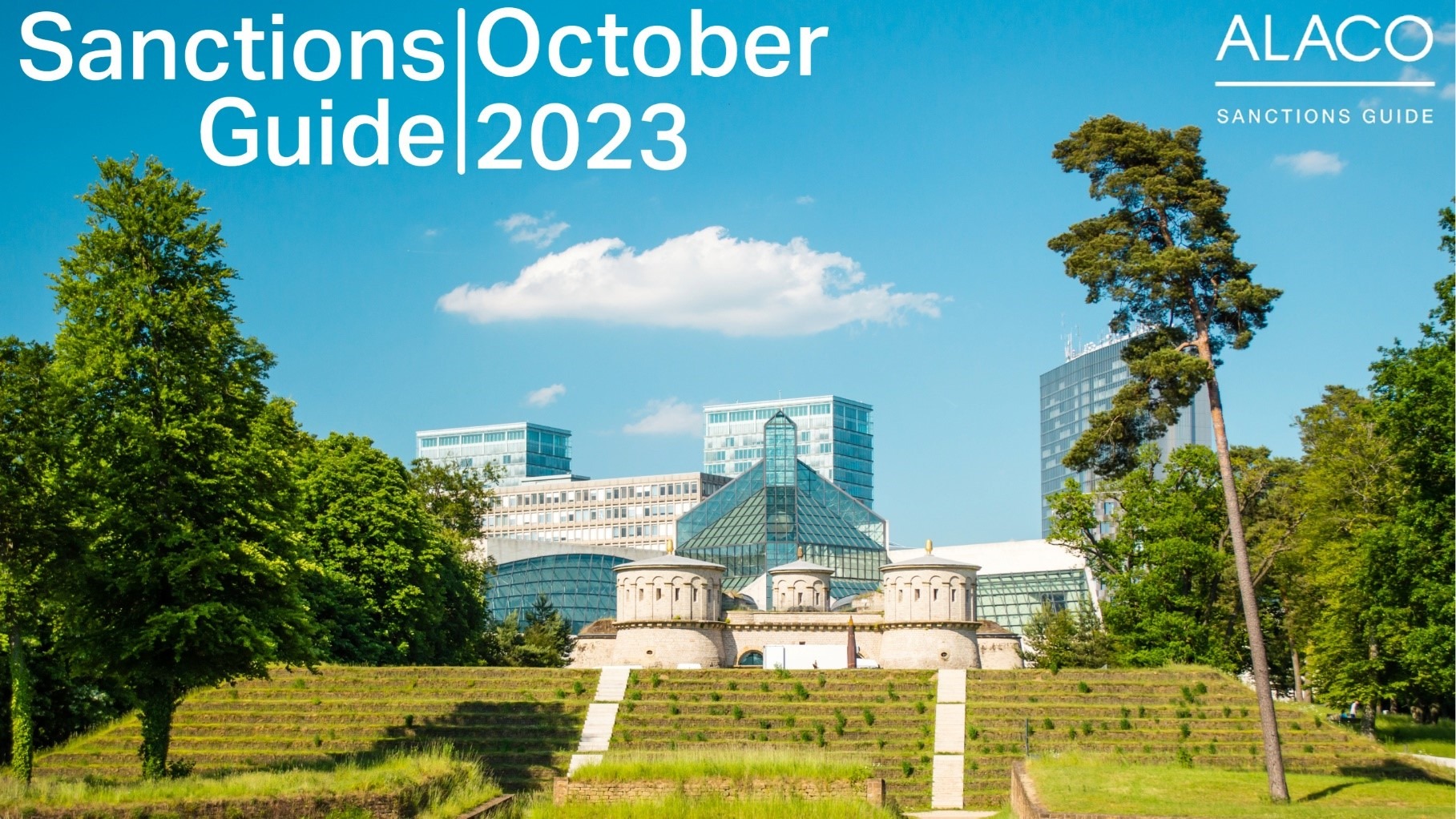The sanctions landscape this month was dominated by ongoing challenges by sanctioned individuals to their designations, with some notable successes. Crucially, a ruling by the EU General Court has paved the way for individuals designated as a result of holding a position at a sanctioned entity to be delisted if they resign and are not in breach of any additional sanctions.
On the enforcement front, the biggest development came in the shape of a waiver granted by the US to allow banks in South Korea to release over $6 billion in frozen Iranian oil receivables as part of a prisoner swap. Other notable events this month included the ending of the UN Mali program after Russia deployed its veto at the UN Security Council, and the EU General Court’s dismissal of Venezuela’s attempt to challenge the legality of the EU’s Venezuela sanctions program.
Designations continued at a pace, particularly in relation to Russia as OFAC listed over 100 individuals and entities in strategic sectors of the Russian economy. Elsewhere, the US Department of State announced a new visa restriction policy targeting those complicit in undermining democracy in Sierra Leone.
De-listings
- On September 6th, the EU General Court rejected Mikail Gutseriev’s de-listing application (he was listed by the EU in June 2021). The 5th Chamber of the General Court held that the EU Council had been correct in its reasoning and concluded that Gutseriev fulfilled the listing criteria as a prominent businessman with interests in the heavily regulated and economically significant potash and energy sectors, as well as the fact that Gutseriev maintains an “association” with President Lukashenko.
- On September 8th, the 1st Chamber of the EU General Court upheld the delisting application of Aleksandr Shulgin. The court ruled that the initial listing had been justified because he was CEO of Ozon but that his subsequent re-listing not justified, because he had since resigned and no subsequent grounds for listing were established by the EU Council. The judgment establishes as legal precedent that the EU should explain why a listing is still justified where an individual has resigned from a position which originally justified their listing. The Court also said Mr Shulgin’s attendance at the meeting on 24th February 2022 with President Putin did not in itself justify his inclusion on the Russia sanctions list. Six other applications, including those of oligarch Gennady Timchenko and his wife, were unsuccessful.
- In the wake of the EU General Court’s ruling, OFAC appeared to establish a similar precedent as it delisted Natalya AndreevnaAlymova, formerly of Sberbank, and Paul Goldfinch, formerly of Bank Otkritie. Natalya Alymova left Sberbank in May 2022 soon after it was designated by OFAC. Paul Goldfinch had filed a lawsuit against the US Treasury on 17th July 2023, saying he had resigned immediately after Bank Otkritie was listed in February 2022.
Iran Enforcement
- On September 12th, The White House authorised a waiver for international banks to transfer $6 billion in frozen Iranian funds from South Korea to Qatar for the release of 5 American citizens detained in Iran. As part of the deal, the US will also release 5 Iranian citizens held in the US. The funds, which will reportedly be used for humanitarian ends in Iran, were originally frozen in 2018 when President Trump abandoned the JCPOA and reintroduced a raft of new sanctions. While the prospect of a resumption of serious JCPOA-related talks was deemed by the international press as being highly unlikely, the trade was hailed as a significant step in establishing bilateral communications between Iran and the US.
- Pursuant to a deferred prosecution agreement made public this month, on 19th April 2023 Suez Rajan Ltd, which owns an oil tanker, pleaded guilty to conspiring to violate US Iran sanctions on the export of Iranian crude. Empire Navigation, the operating company of the vessel carrying the cargo, agreed to cooperate and transport the Iranian oil to the United States – an operation which has now concluded. The one million barrels of seized Iranian oil are now the subject of a civil forfeiture action in the US District Court for the District of Columbia.
- A federal jury has convicted US national Jalal Hajavi of conspiring to violate US Iran sanctions by participating in a scheme to unlawfully export heavy equipment from the US to Iran, using a Florida-based business toroute the shipments through the UAE. Sentencing is scheduled for 14th December 2023. Maxim Marchenko, a Russian citizen who resides in Hong Kong, was charged this month in connection with his alleged participation in a scheme to unlawfully procure US-sourced dual-use microelectronics with military applications on behalf of end users in Russia using Hong Kong-based shell companies.
- On September 21st, two US companies agreed to pay civil penalties as settlement of their apparent violations of Iran sanctions. 3M, a global manufacturing company, agreed to pay $9,618,477 to settle its potential civil liability for 54 apparent violations of Iran sanctions when its Swiss subsidiary, 3M East, knowingly sold reflective licence plate sheeting to an entity controlled by Iran’s law enforcement forces between 2016 and 2018. Separately, New York based Emigrant Bank agreed to remit $31,867.90 to settle its potential civil liability for 30 apparent violations of the Iran sanctions when it processed 30 transactions between 2017 and 2021 for two Iranian residents. While US regulations do authorise personal remittances to or from Iran, they do not authorise the debiting or crediting of an Iranian account; instead, personal remittances may be sent to US depository institutions.
Other News
- A long-running saga in European Courts came to a head this month as the EU’s judiciary ruled on Venezuela’s challenge to the legality of the EU’s Venezuela sanctions program. The European Court of Justice held in 2021 that Venezuela had standing to challenge the sanctions; however on September 14th, the Grand Chamber of the EU General Court rejected the challenge, ruling that the sanctions did not breach international law and that there was no manifest error in the EU’s conclusion that the Venezuelan government was responsible for “brutal repression”. The court further ruled that the program incurred no unlawful extra territorial effects and that there was a “reasonable” connection between the sanctions and prevention of further violence.
- Earlier this month, the UN Security Council voted on the extension of its Mali sanctions regime. 13 members of the UN Security Council voted in favour of the extension, China abstained, and Russia exercised its veto power to block the extension. Therefore, the travel ban and asset freeze affecting eight Malian individuals has ended, and the mandate of the Mali panel of experts will end on 30th September 2023. The US representative said Russia wished “to stifle publication of uncomfortable truths about Wagner’s actions in Mali, which require attention.”
New Designations
- Switzerland this month adopted the EU’s latest Belarus designations of penitentiary officials, judges, prosecutors, criminal investigators, TV presenters, and state-controlled entities. Notably the Swiss government decided not to adopt the EU designations of members of the Russian judiciary and penitentiary officers allegedly connected with the Navalny and Kara-Murza cases. The Swiss Federal Council based its decision on “various foreign policy and legal criteria”.
- On September 4th, the US Department of State announced a new visa restriction policy whereby the US will pursue visa restrictions for those believed to be complicit in undermining democracy in Sierra Leone, including through the manipulation or rigging of the electoral process and the intimidation of voters, election observers, or civil society organizations through threats or acts of physical violence.
- In Russian designations, on September 7th, OFSI and OFAC jointly designated eleven members of a Russian cybercrime group, and the DOJ unsealed indictments against seven of the individuals in connection with a Trickbot/Conti ransomware scheme. The biggest tranche of US designations came on September 14th, when OFAC designated 100 individuals and entities operating in various sectors of the Russian economy, spanning railways, metals, mining aerospace and aviation. The G7 was reported on 18th September to be close to an agreement on a widescale ban on the import of Russian diamonds, comprising a direct ban on purchases from January 2024 and an indirect ban that would come into effect more gradually. No final decision has yet been made, however. Finally, the EU this month designated six individuals allegedly responsibly for convicting two opposition journalists in Crimea.
- The UK has proscribed Wagner Group as a terrorist organisation under the Terrorism Act 2000. This means that a number of actions, including wearing the organisation’s clothing, publishing an image of its clothing, or inviting support for the organisation are now criminal offences.
- Non-Russia designations this month by OFAC included North Korean officials involved in a recent missile launch; the leader of a Sudanese paramilitary force; ten individuals associated with the Mexico-based Sinaloa Cartel; and seven Hezbollah operatives in South America and Lebanon. Each of OFAC, the EU and OFSI also designated dozens of individuals and entities in Iran to mark the death of Mahsa Amini, who died in police custody, notably including the former President of Iran, Mahmoud Ahmadinejad.


